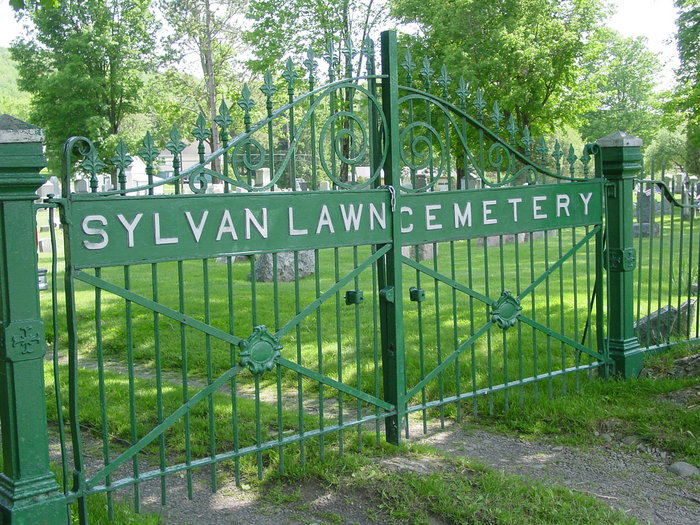This is what is included in the 2019FY budget for the center.
This is the explanation of the center:
"The Farm Production and Conservation (FPAC) Business Center is a centralized operations office within the FPAC mission area and headed by the Chief Operating Officer (COO), who is also the Executive Vice President of the Commodity Credit Corporation (CCC). The FPAC Business Center is responsible for financial management, budgeting, human resources, information technology, acquisitions/procurement, customer experience, internal controls, risk management, strategic and annual planning, and other similar activities for the FPAC mission area and its component agencies, including the Farm Service Agency (FSA), the Natural Resources Conservation Service (NRCS), and the Risk Management Agency (RMA). The FPAC Business Center ensures that systems, policies, procedures, and practices are developed that provide a consistent enterprise-wide view to effectively and efficiently deliver programs to FPAC customers, including farmers, ranchers, and forest landowners."It sounds very much like Sec. Glickman's proposal in the late 1990's, a proposal which was killed in Congress.
According to this article on the creation of FPAC from February Bob Stephenson is the head and the initiation of the center is Oct 1.
One of the complications in implementing this is the mixed legal status of NRCS--it's a federal agency working with the Soil and Water Conservations Districts which are established by state law and get funding from states and which have their own organization to lobby Congress.
